THE MONTESSORI DIFFERENCE
To be curious, self-directed, and engaged; to be compassionate, collaborative, and think critically; to be adaptable and problem solve—these so called “soft skills” are now seen as most necessary for our rapidly changing world. Montessori education focuses on all of these with the same amount of importance as academic skills.
Montessori is Education for Life. That is the difference. How do we do it?
The Learning Triangle
Montessori education links the child, the environment and the teacher in an interdependent triangle. These three components and the unique way they are connected are the pillars of a Montessori education, giving the child the opportunity to develop in accordance with the laws of nature.

The Child
An artisan of his own learning and a valued member of a community, whose social and emotional needs are as nurtured as his academic growth.

The Teacher
A qualified, experienced guide and a trained observer; the engineer of a unique environment created with the development of the whole child in mind.

The Environment
A community of mixed-aged children free to move and evolve through hands-on learning, discoveries and meaningful experiences and relationships.
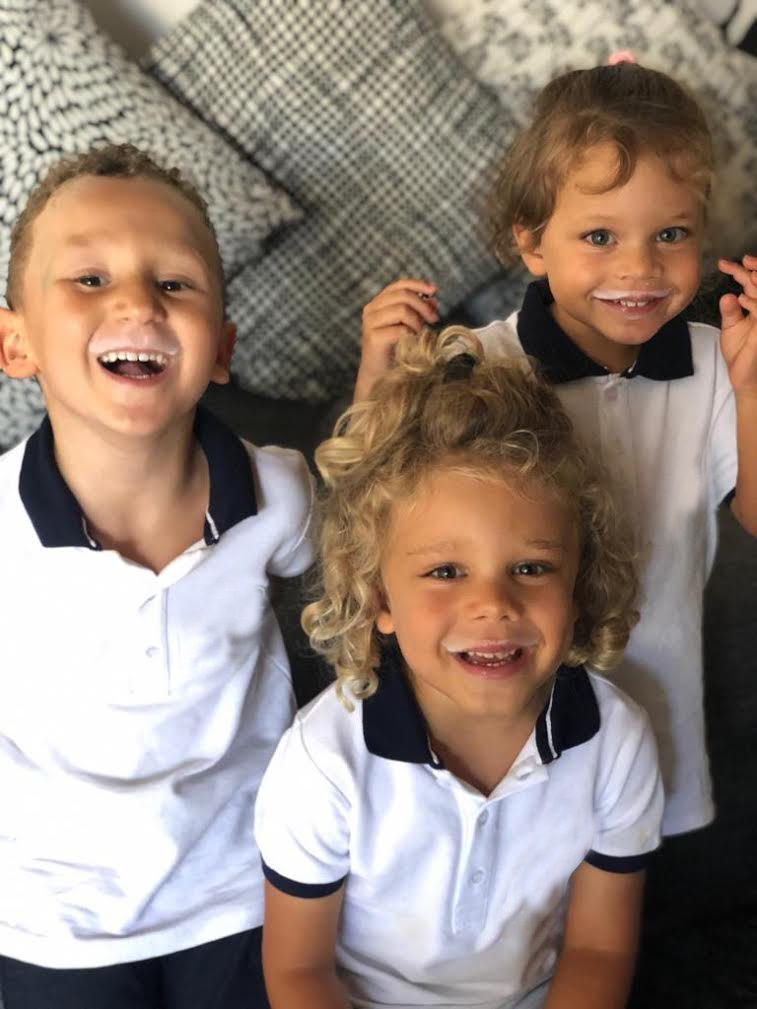
The Child
As we observe children, we see the vitality of their spirit, the maximum effort put forth in all they do, the intuition, attention and focus they bring to all life’s events, and the sheer joy they experience in living.
– Dr Maria Montessori
Read more
An Artisan of His Own Learning
Children in a Montessori classroom direct their own learning by making independent choices. They have ownership over their learning process, rather than enduring it; they choose to achieve a specific goal and, in order to do so, they have to focus their attention, control their movements and emotions, plan their actions and remain flexible if mistakes occur. They alone, through their own actions, can construct their own intelligence.
Each child’s original and very personal process of discovery is respected. Children are able to choose their own work, direct their own progress, manage their time, set their own learning pace to internalize information, and seek help from other children and adults when they need it.
A Social Being with the Seed of Global Citizenship Within Him
We are first and foremost social creatures and social bonding is the cornerstone in constructing our intelligence: no significant learning can occur without a significant relationship. Although children possess innate and sophisticated prewiring for learning, they can nevertheless be left with cognitive and/or emotional deficiencies if their essence as a social being is not respected.
Montessori education pertains to the “whole” child, nurturing social and emotional needs as much as academic growth. As the foundation of human society is the unique individual, Montessori students are supported in treating themselves, their community and their environment with care and respect, developing strong social individuals who are independent, confident, and tolerant.
The Montessori Environment
Only through freedom and environmental experience is it practically possible for human development to occur…
– Dr Maria Montessori
Read more
A Community of Mixed-Aged Children
Montessori students are grouped together in three-year, mixed-age learning communities. In a mixed-age classroom, children learn in a continuum; they move from easier to more difficult material, and from simple to more complex strategies at their own pace; they make continuous progress rather than being promoted once a year or required to wait until the next school year to move forward in the curriculum.
Developmental research shows that people reinforce their knowledge when they teach it to others. Children are encouraged to teach, collaborate, help each other and often revel in their mastery by showing others. Younger students look up to older students as role models; older students, as mentors in the classroom, organically develop and refine their relationships and leadership skills, as much as their academic knowledge.
A Carefully Prepared Physical Environment
Modern-day pediatric brain research has taught us that the brain develops based on what the hands touch. The more activities a child learns to master with their hands, the more knowledge they gain. The Montessori environment is meticulously prepared and equipped with specially designed, developmentally appropriate and scientifically sound apparatuses for children to manipulate and engage with.
Optimal space, carefully chosen and accessible furnitures, order, beauty and a rich integrated sustainability curriculum is also what characterizes the prepared environment — including the outside classroom which Maria Montessori so strongly advocated for. Children are given the opportunity to explore and appreciate nature, while benefiting from the integration and application of their usual Montessori activities and learning in the outside world. It supports the whole child — body, mind and soul — and promotes respect for all living things.


The Montessori Teacher
To aid life … that is the basic task of the educator.
– Dr Maria Montessori
Read more
A Mindful Guide
Montessori teachers — commonly called Guides — control the environment, not the children. This unique mission allows them to be trusted mentors who recognize that their role is not so much to teach, but to inspire and facilitate. Montessori teachers prepare and maintain the environment with this thing in mind: provide opportunities for the child’s self-construction and remove obstacles to the child’s development.
Montessori teachers have an unobtrusive role, moving about the classroom observing the students, helping them choose work, presenting lessons, advising and posing provocative questions that promote thinking. Few simple and consistent guidelines, like putting away the material, not disrupting the work of others, and so on, empower the children to make reasoned choices and ensures a harmonious atmosphere in the classroom. Children that attend Montessori schools don’t behave because they are afraid of the consequences; they behave because they know it is the right thing to do.
A Fine Observer
One of the greatest and most relevant task of the Montessori teacher is to observe. The assessment offered by a Montessori teacher in a Montessori prepared environment through observation of behavior creates the most important and relevant learning assessment tool available today: children are assessed daily on mastery of skills and concepts rather than relying on tests.
The Montessori teacher is a trained, patient and humble observer, free of judgements and ready to see the child in a new light everyday. Through unobtrusive yet careful monitoring of each child’s development, they are able to recognize and interpret each child’s needs, even often anticipating them. The better the adult is at observing — including recording their observations, referring to them and interpreting them —, the better they are at meeting and adapting to the rapidly evolving needs of the children, as well as their unique individual learning styles.
Montessori alumni

Jeff Bezos
Founder and CEO of Amazon
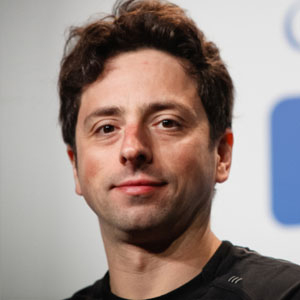
Sergey Brin
Co-Founder of Google

Larry Page
Co-Founder of Google

Jimmy Wales
Founder of Wikipedia

Gabriel G. Marquez
Author & Nobel Prize Winner for Literature

Princes William & Harry
English Royal Family

Taylor Swift
singer & 10-time Grammy Award Winner

T. Berry Brazelton
Pediatrician & Harvard Medical School Professor

Katherine Graham
Washington Post’s Former Owner & Editor

Joshua Bell
Violinist & Grammy Award winner

Julia Child
Celebrity Chef and Author

Devi Sridhar
Youngest-ever American Rhodes Scholar & Author
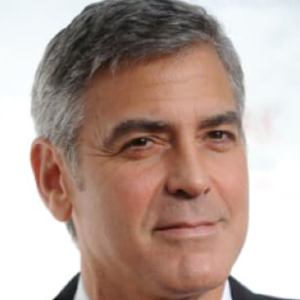
George Clooney
Actor/Director & United Nations Messenger of Peace
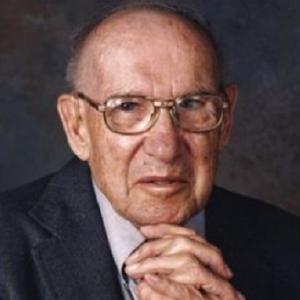
Peter Druker
Author & Inventor of Modern Management

Anne Frank
World War II Diarist
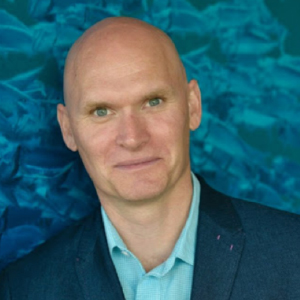
Anthony Doerr
World Renowned Author

Will Wright
Video Game Pioneer, Creator of The Sims

Jackeline Kennedy Onassis
Former First Lady & Book Editor
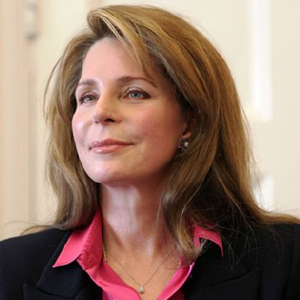
Queen Noor of Jordan
United Nations Advisor
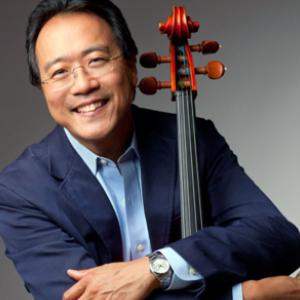
Yo-Yo Ma
Cellist & 15-time Grammy Award Winner

Beyonce Knowles
Singer & 6-time Grammy Award Winner
Montessori PARENTS

Bill and Hillary Clinton
Former President and New York Senator
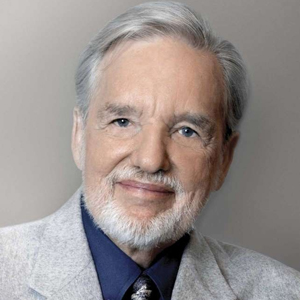
John Bradshaw
Noted Psychologist, Author and Founding Father of the Self Help Movement
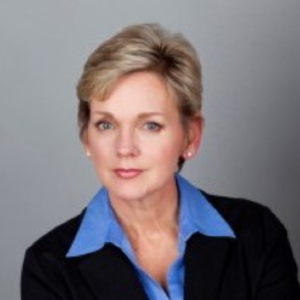
Jennifer Granholm
Former Governor of Michigan and Harvard Law Graduate
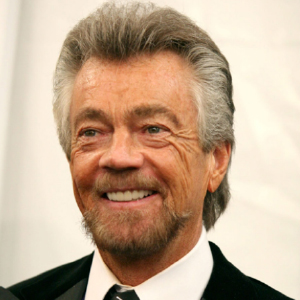
Stephen J. Cannell
TV Writer, Producer and Director
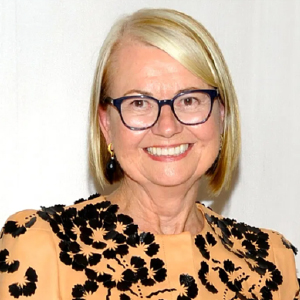
Marcy Carcey
TV Producer
the science behind the method
Montessori education is the original brain-based model of education that allows children to make creative choices in discovering people, places and knowledge of the world. It is hands-on learning, self-expression, and collaborative play in a beautifully crafted environment of respect, peace, and joy.
Read more
- Montessori education procures significant advantage to students in Montessori classrooms over those in traditional classrooms:
- Montessori education leads to children with better social and academic skills:
- Montessori students reported a significantly better quality of experience in their academic work than did traditional students:
- Montessori Educated children outperformed the national average for five year olds in all developmental domains:
- The science behind the genius:



